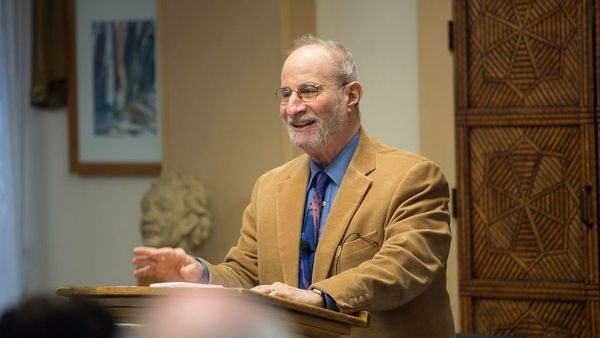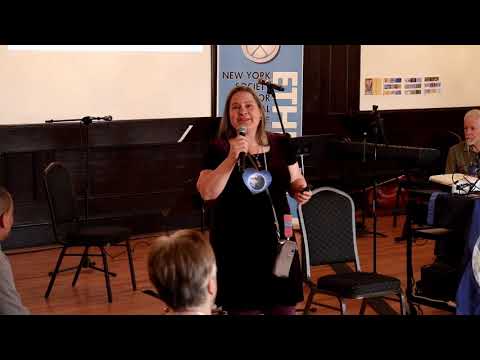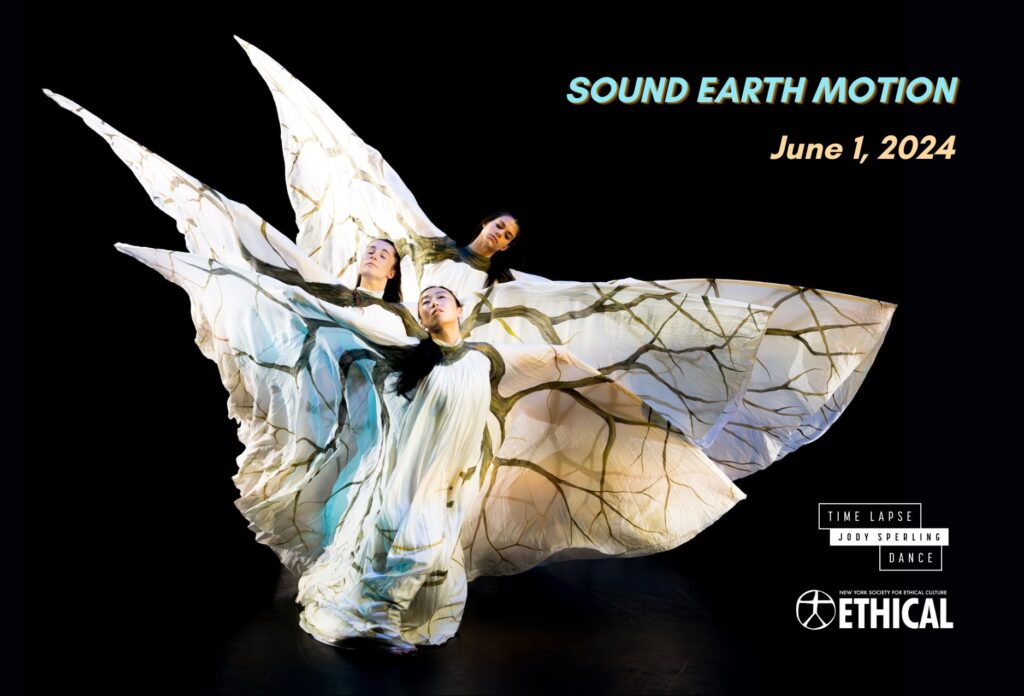
By Dr. Joe Chuman, Leader
For the moment democracy has been been retrieved, and we can breathe a sigh of relief. Joe Biden will be sworn in, and the process of rebuilding America can begin. But knotty and ominous problems continue to loom. More than half of Republicans have claimed that Trump won the election and Biden’s victory is a product of a rigged process. This is not much different from claiming that the earth is flat.
Tens of millions of people with whom we share this country embrace beliefs that are unmoored from facts and evidence. In an often cited adage, Daniel Patrick Moynihan said, “You are entitled to your opinion. But you are not entitled to your own facts.” As long as people are committed to revising their proffered facts in the face of evidence, engagement in a common search for truth is possible. If not, an unbridgeable societal divide confronts us. This is the state we are in.
In a recent article in The Atlantic, Barack Obama stated that we are in an “epistemic crisis” wherein large swaths of the public have no commitment to the truth. Obama’s view is that this crisis has become more dire in recent years, and the media – talk radio, cable news and the internet, (which silos and intensifies exclusively held beliefs) – are major drivers. We have entered the world of alternative facts, flourishing extremist ideologies, and the proliferation of counter-factual and bizarre conspiracy theories. As Obama notes, unless there is an agreement on facts the “marketplace of ideas” on which democracy is based cannot last.
Large swaths of the public have no commitment to the truth.
In very general terms, the project of the 18th century Enlightenment, preceded by the Age of Science, was to check and constrain belief based on impulse, feeling, and sense experience, and replace it with the illuminations of reason. Spinoza opined that ideas and beliefs that emerge from the senses alone and trade in images were often vague and imprecise and led to error. For Spinoza, who wrote the first major critique of religion, this yielded superstition. Solid, reliable knowledge arising from the processes of reason (think logic and mathematics as the models) was the corrective.
It is simplest to believe that the sun rises in the east and sets in the west because our senses tell us so. But reason, augmented by science, brings us to the corrected conclusion that the sun is stationary (for these purposes) and the earth rotates under it. That the sun rises may bring us more immediate gratification in that what we see straight on is what we get, but it is wrong. In the Middle Ages, it was taken as true that the earth occupied the center of the universe, and the sun, moon, and planets revolved around Earth in perfect circles. Why? Because we here on Earth are the culmination of God’s creation and the center is a privileged locale. Why circles? Because the Creator is perfect and the circle is a perfect form. Beyond the orbits of the planets were the stars embedded in crystalline spheres that, like other celestial objects, rotated around the earth every 24 hours. And what propelled the stars? It was obvious – invisible angels! With the coming of the Enlightenment and Isaac Newton, angels were replaced by celestial mechanics and the theory of gravitation. Again, the Enlightenment project replaced belief originating from the immediate gratification of satisfying the senses with the more laborious, but more truth-rendering, process of reason.
In general terms, this Enlightenment project, vested in the authority of reason, is slipping away, being replaced once more with the tyranny of emotion and feelings as the arbiters of belief. If it feels right and good, believe it!
We live in a time of explosive imagery and the allure of immediate emotional gratification. Contemporary entertainment, bombastic media, and digital technologies appealing directly to the impulsive at the expense of sober reflection and thoughtfulness overwhelm the processes by which reason, and the truths derived from it, are spawned. Thus our “epistemic crisis.”
America has always had a fascination with strange and outlandish ideas that we can trace back to before the Republic’s founding. For its contemporary manifestation, we need to look for more proximate sources.
The “counter-culture” of the 1960s, or at least parts of it, may be to blame. Then, it was fashionable to hold that intellectualism and cognitive activity were an impediment to “feelings,” which, in their immediacy, were construed to be more authentic. It was the age of “flower power,” a time to “tune in, turn on, and drop out.” It was the era of extraordinary musical and artistic expression on popular levels, all explicitly sensate. A defining feature of the zeitgeist was to be “anti-establishment,” a moniker that could include rarefied thought as well as stodgy ideas, along with the institutions of power and authority.
But there were more potent sources for the emergence of feeling over thought which have brought us to where we are. I look to the 1980s and the triumph of capitalism, the divination of the free market, and the idolization of the corporate and business culture. Symbolically, it began when Ronald Reagan removed the solar panels that Jimmy Carter had installed on the roof of the White House as emblematic of our need to protect the environment over the expansion of greed. Hand in hand with the corporate revolution was the valorization of materialism. The accumulation of wealth, consumerism, bling, more entertainment – increasingly adolescent — owning more and more things, was nothing to be ashamed of. It was a virtue. It permeated the culture.
This transition in our culture engendered a superficiality of values. The impulsive and meretricious superseded the thoughtful, the sober, the reflective. The love of ideas, the cultivation of the life of the mind, education itself — unless it could lead to a job and remuneration — was of diminishing importance in the collective values driving American life. It was a formulation that embraced immediate gratification at the expense of more serious endeavors.
It was not far from there to a devaluation of expertise, knowledge, and the authority of truth. In depreciating the authority of knowledge and reason, and opening space for the supremacy of impulse and feeling, such saving and civilizing attributes became relativized. One’s opinion, emergent from impulse, was as good as facts that need to be subjected to laborious tests of evidence. Why bother? The easier path feels good. It is an environment that invites extremism and conspiratorial ideas unmoored from the deeper strata of reality.
This is where we have arrived. How to get beyond it is another column.







